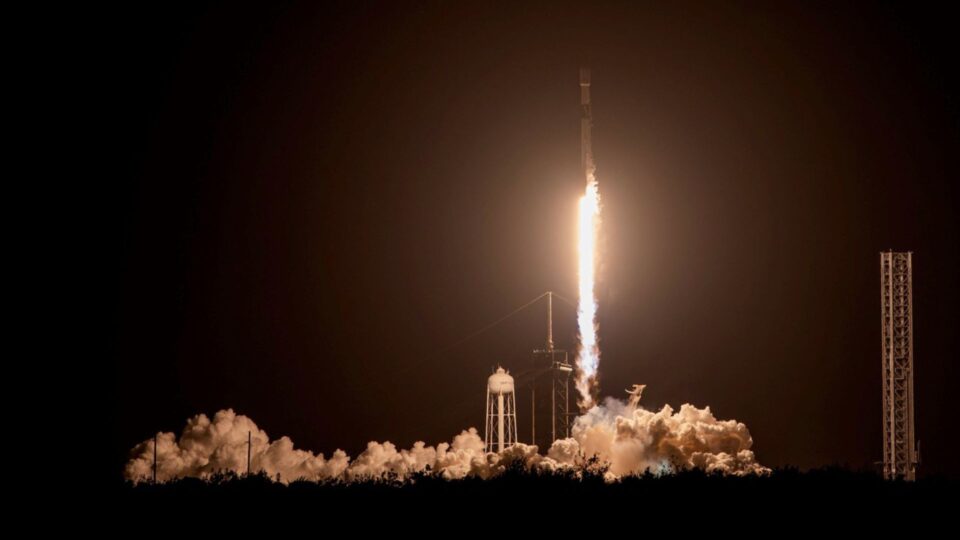The U.S. is ramping up its military space launch capabilities, and for the first time, it’s doing so with three major players at the table.
In a move that reshapes the competitive landscape for national security launches, the U.S. Department of Defense has awarded a total of $13.5 billion in contracts to SpaceX, United Launch Alliance (ULA), and Blue Origin.
This marks a historic move where three companies will share responsibilities for launching high-priority military and intelligence payloads.
The contracts, announced on April 4, are part of the National Security Space Launch (NSSL) Phase 3 Lane 2 procurement, the most demanding category of missions that require maximum reliability and mission assurance.
The agreement covers 54 launches scheduled to take place between fiscal years 2025 and 2029, with actual liftoffs expected from 2027 through 2032 due to the typical two-year integration timeline.
These missions support critical capabilities such as secure communications and missile warning systems, forming the backbone of national defense in space.
SpaceX leads, Blue Origin joins for the first time
SpaceX leads the group with a projected 28 missions and $5.92 billion in contract value.
ULA follows with 19 missions and $5.37 billion, while Blue Origin enters the national security launch market for the first time, expected to conduct seven missions and receive $2.39 billion.
Blue Origin’s assignments begin in the second year of the contract period, contingent on the certification of its New Glenn rocket.
“A robust and resilient space launch architecture is the foundation of both our economic prosperity and our national security,” said U.S. Space Force Chief of Space Operations Gen. Chance Saltzman in the official press release.
“National Security Space Launch isn’t just a program; it’s a strategic necessity that delivers the critical space capabilities our warfighters depend on to fight and win.”
Dual-lane strategy expands access
The Phase 3 acquisition strategy introduces a dual-lane approach: Lane 1 for lower-risk, commercial-like missions, and Lane 2 for complex, high-assurance national security launches.
Of the total 84 anticipated missions under Phase 3, about 54 fall under Lane 2—the most critical and risk-sensitive launches.
“America leads the world in space launch, and through these NSSL Phase 3 Lane 2 contracts, we will ensure continued access to this vital domain,” said Maj. Gen.
Stephen Purdy, Acting Assistant Secretary of the Air Force for Space Acquisition and Integration.
“These awards bolster our ability to launch critical defense satellites while strengthening our industrial base and enhancing operational readiness.”
Annual mission assignments to begin this year
Missions will be awarded annually from fiscal year 2025 through 2029, with each year’s assignments announced every October.
The Space Systems Command, in coordination with the National Reconnaissance Office, will oversee the mission assignment board and integration process.
“Today’s award culminates nearly three years of government and industry partnership to increase launch resiliency and capacity,” said Brig. Gen. Kristin Panzenhagen.
“The result is assured access to space for our national security missions, which increases the military’s readiness.”
